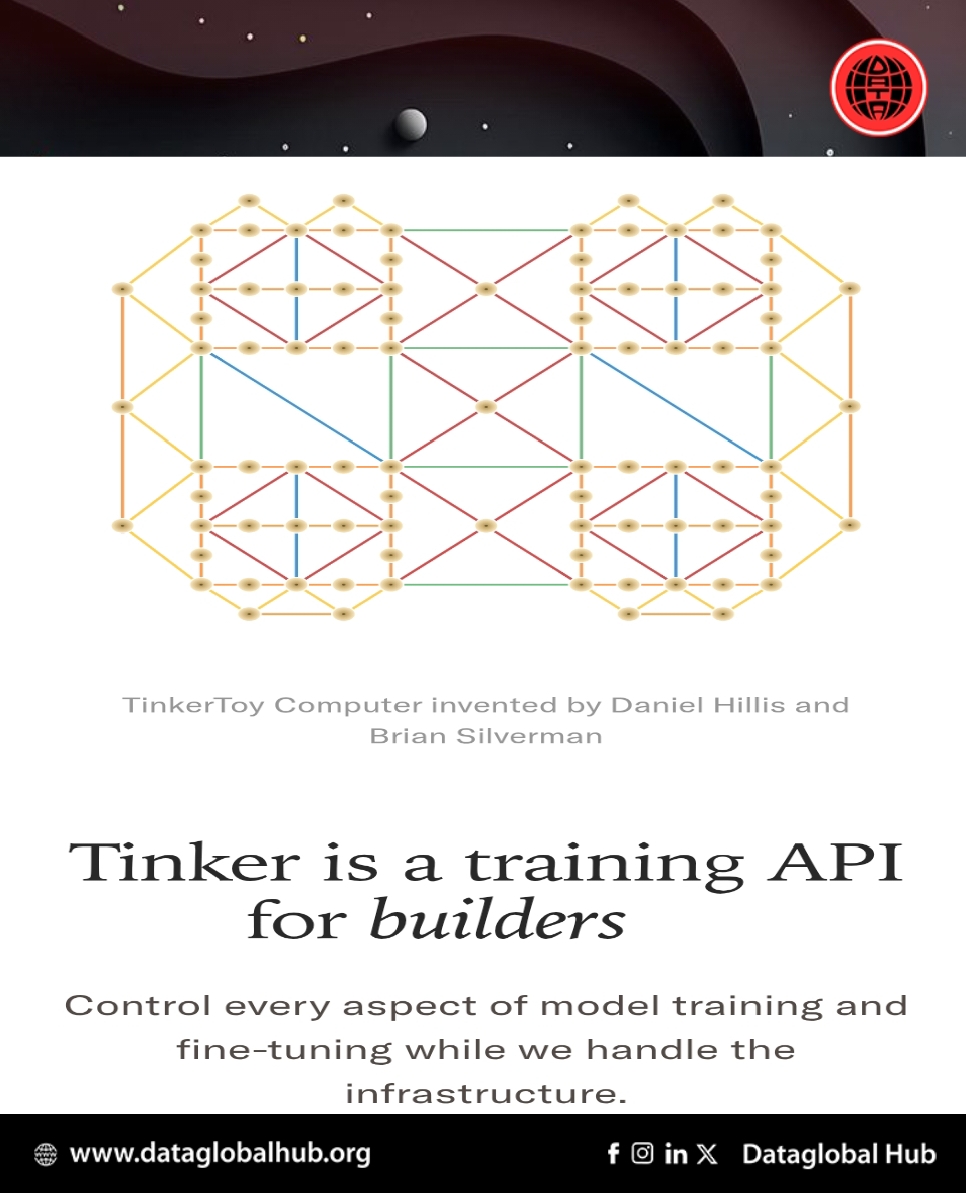
Thinking Machine Announced Tinker: An API for open-model training.
Translate this article
For researchers,the gap between a promising open-weight model and a specialized tool often requires a complex, resource-heavy tuning process. Thinking Machines Lab, the team behind the historical TinkerToy computer, is now entering this practical arena with a new service named Tinker. Rather than releasing another model, they are offering a managed API designed to handle the infrastructural heavy lifting of fine-tuning, allowing technical teams to focus on their algorithms and data. This move addresses a growing need for more accessible ways to adapt increasingly large and sophisticated models to specific research tasks.
Key Features of Tinker
Early Adopters and Use Cases
Groups at leading institutions are already leveraging Tinker:
Tinker is currently in private beta , open to researchers and developers. Interested individuals can join the waitlist , with onboarding underway immediately. Organizations looking to integrate it should reach out directly to the lab. To get started, Tinker is free, though usage-based pricing will roll out in the coming weeks.
About the Author
Simba Gondo
Recent Articles
Subscribe to Newsletter
Enter your email address to register to our newsletter subscription!